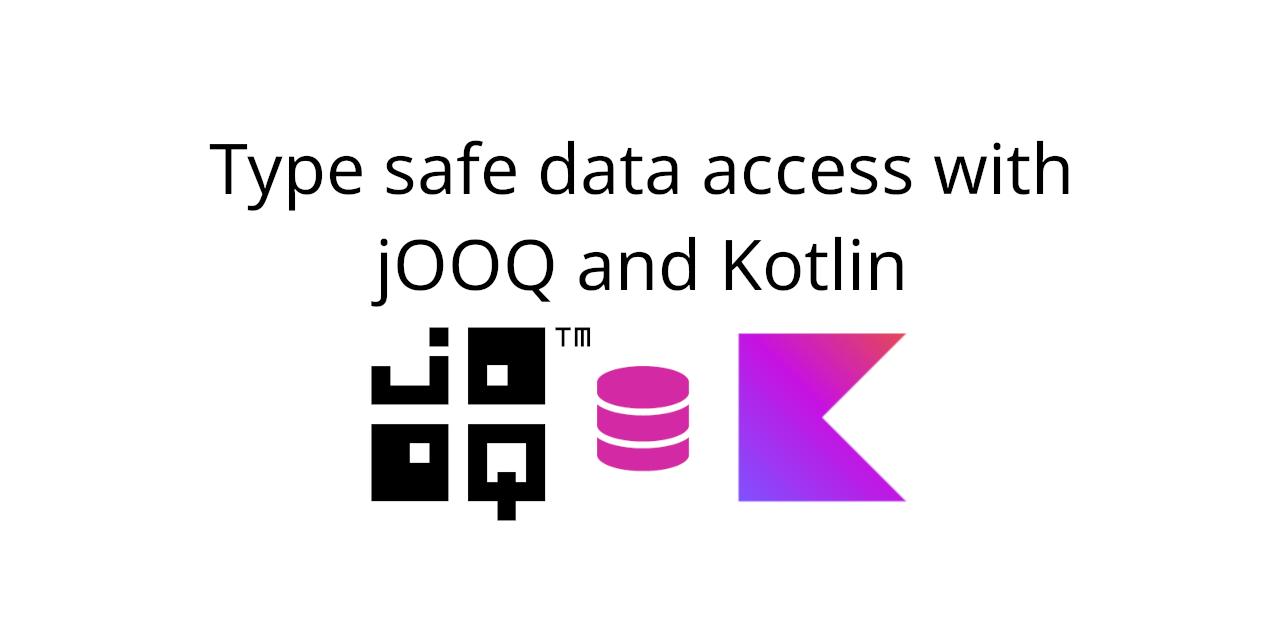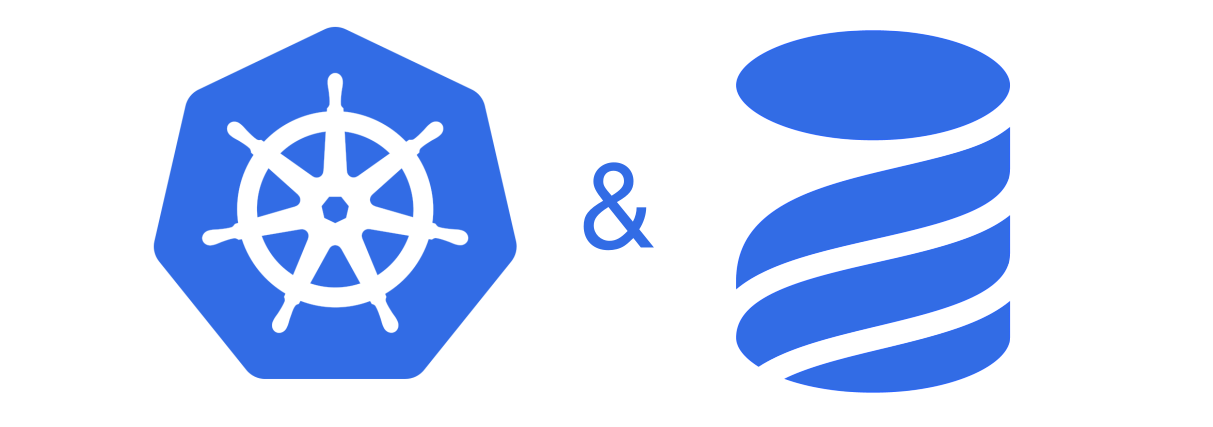jOOQ is an ORM library that sticks close to SQL, allowing you to write fast and efficient queries while providing a nice, type safe API for that. Before I started using it in my work, I was mostly relying on Spring Data + Hibernate combo. I was pretty skeptical, when I first learned about jOOQ. With it you write DDL first, create schema and tables, and then generate the classes for accessing those tables. With Hibernate you declare models in your code first, and then you can generate DDL out of them, while Spring Data can generate all the repositories for you, so in the perfect case scenario you only have to declare the models and repository interfaces. Seems like it’s almost a no-brainer, right? With Spring Data and Hibernate you write less code, so it’s less code to maintain and that’s always good. Unfortunately, in my experience that perfect case scenario was never the case. Almost in every project I had to either write JPQL or even plain SQL queries. And if you have have to write plain SQL anyway, why not embrace it and take full control of how you access the data in your DB? Let’s see how we can build a convenient and type safe data access layer with jOOQ and Kotlin.
Continue readingdatabase
2 posts
If you’re using Liquibase for database versioning with Kubernetes to deploy your app, you might have faced an issue when a migration gets stuck because Liquibase can’t acquire lock. It might look somewhat like this:
liquibase.exception.LockException: Could not acquire change log lock. Currently locked by LockOwner ...
at liquibase.lockservice.StandardLockService.waitForLock(StandardLockService.java:236)
at liquibase.Liquibase.update(Liquibase.java:184)
at liquibase.Liquibase.update(Liquibase.java:179)Code language: Properties (properties)

